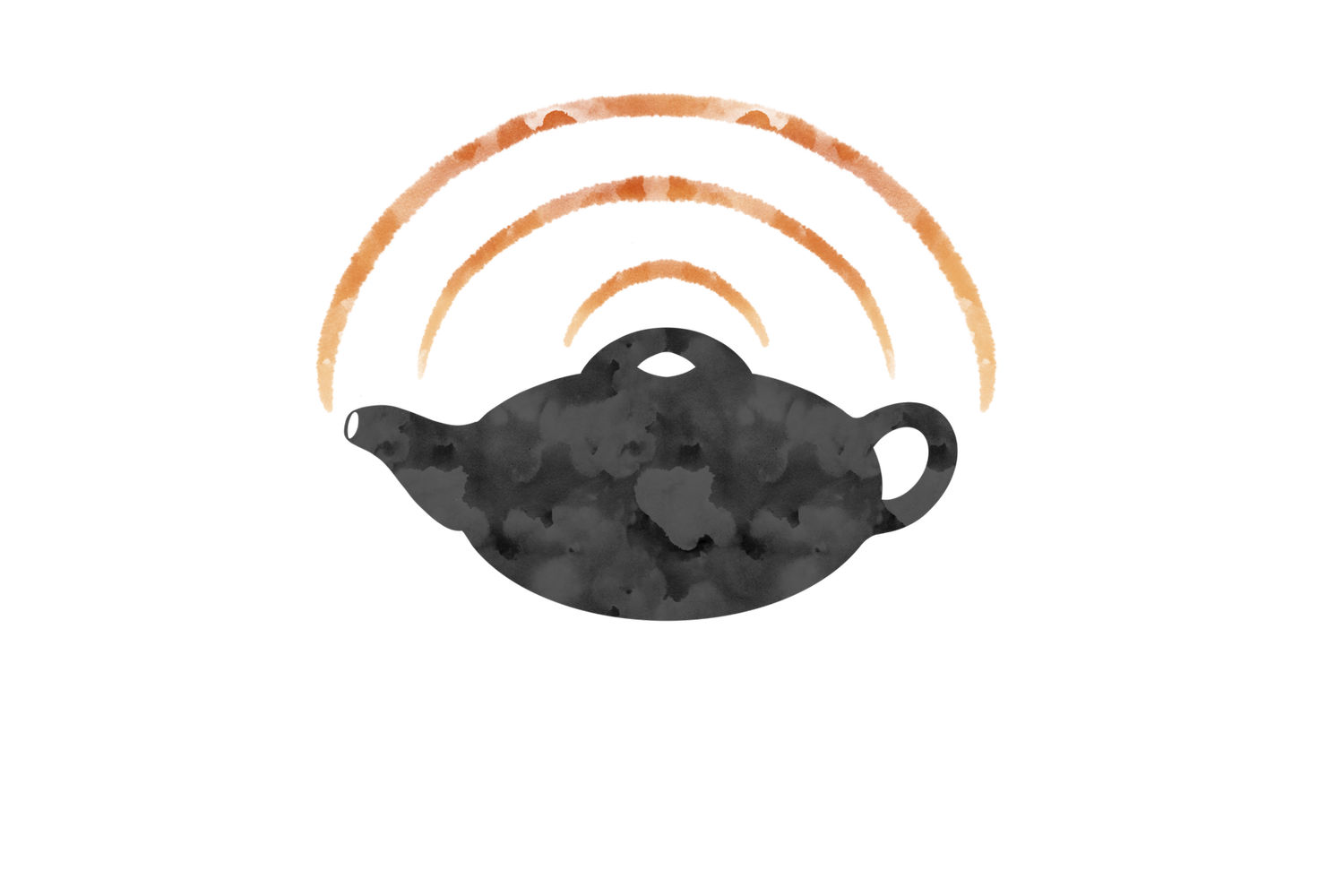How to Heal Internalised Ableism
Internalised ableism is the view that disabled people are inferior. Just like internalised sexism or internalised racism, everyone has internalised ableism, which is why we must take action. We all experience internalised ableism, but we don’t always recognise it! So, being aware is the first step to reducing ableism.
Part of awareness is knowing what to look for, so here are a few examples of ableism that we all experience.
Here, we will explore what we can do about internalised ableism. Whether you’re disabled or not, these are some steps we can all take!
1. Notice
It is easier to listen for internalised ableism in someone else, or for someone else to point out when we say something that is ableist, but much, much harder to spot it within ourselves. Our own self talk or attitudes can go unchecked, and internalised ableism becomes so normal we might not even notice it! But silent internalised ableism, how it feels, is sometimes the loudest, because it impacts our mindset, attitude, and actions.
2. Compassion
If awareness is the first step, the second is to replace our inner ableism with compassion! This might mean writing down why this thought isn’t true, giving yourself positive affirmations, talking to a friend you trust, or listening to a Tea with HB podcast episode.
When we talk about internalised ableism, this is something you need to know: give yourself grace. You won’t manage to notice or tackle it every day. It’s not simple, it’s not easy, but it is worth it! And not beating yourself up for the times you are impacted by it is part of undoing it! It is a never-ending journey but… You got this!!!
3. Talk!
Internalised ableism actually looks pretty similar in everyone. Why? The core of internalised ableism is feeling less than- less worthy, less useful, less able, less deserving. And don’t we all feel that way sometimes?
In a society where hustle culture dominates, and your worth is defined by a grade or paycheck, it is hard not to feel inadequate! BECAUSE the world isn’t accessible (yet!) survival means experiencing ableism. I’m not saying we all experience this discrimination in the same way, but ableism negatively impacts all of us— whether we know it or not. Internalised ableism thrives when it’s internal, so we need to talk about it! Be open! Do the opposite of what your inner ableism tells you! Rest is radical. Extending deadlines is productive. Asking for help is helpful! So, on your journey to undoing ableism, both internal and systemic, I hope you’ll remember that listening to your body is the best thing you can do.
Revolutionising our systems (by asking for accessibility, prioritising our health and wellbeing, and demanding equity for all) is the solution to ableism! Together, we CAN brew a new reali-tea!

